Out of Africa projects
Tracking declining migrant species
Tracking migrant species and fieldwork within Africa will reveal which areas they use to refuel on thier journeys and locate where exactly they winter within the country. Once we know this we can look at the challenges affecting them there to help our understanding about why populations are declining. As part of the Out of Africa projects we are tracking numerous species using different technologies available, some of which are detailed below.
Satellite-tracking Cuckoos to Africa
In June 2011 we launched a ground-breaking project to discover more about Cuckoo migration. Five English Cuckoos were satelite-tracked to their wintering grounds and two were tracked back to the UK when they returned in the spring. Find out what we learnt from the first year of the project.
In 2012 we expanded the project to include birds from Scotland and Wales, where populations are faring better. This year there are a total of thirteen birds and they are on the move, take a look at the Cuckoos journeys so far.
Using Geolocators to track Nightingales
In spring 2009 ‘Geolocators’ were attached to 20 Nightingales in the UK(right). In 2010 these birds was recaught, and scientists were able to download a full journey to Africa from one of the birds. Seven of the tagged birds were re-captured but the innovative tracking devices are at the cutting edge of technology and it came as no surprise that though 6 other Nightingales returned with geolocators, these failed at some point on the journey. Since this amazing piece of research, the tiny tracking devices have improved still further, and halved in weight. As technology improves, increasing possibilities will be opened up to scientists to discover more about our migrating birds.
In 2012 twenty birds were tagged, 10 in Norfolk and 10 in Kent. Take a look here for the latest updates.
If you would like to support these projects please donate to the appeal. You can now also set up a regular donation by Direct Debit online which helps us to plan future work more effectively.
Fieldwork in Africa
We are now undertaking the final year of three years of winter research fieldwork in Africa which will contribute enormously to our understanding of migrant birds; which habitats different species choose and how this changes through autumn, winter and spring.
The sites focused on are in Ghana and Burkina Faso because of the range of habitats; from pristine woodlands to highly degraded open farmland and from desert to lush rainforest. Recoveries of ringed birds also indicate that Ghana is likely to be an important wintering area for migrant species from the UK. Several areas were chosen for study, each being surveyed four times between October and March.
The fieldwork is in collaboration with RSPB, Ghana Wildlife Society and Naturama, and you can read about the latest news from the last season at the 'Migrant birds in Africa' blog.
Photos (above) by Mark Hulme. Birds: Garden Warbler, Greenshanks, Green Sandpiper, Red-Throated Bee Eater, (mixed) Swallows, Pied Flycatcher, Willow Warbler, Ethiopian Swallow, Northern Black Flycatcher.
Developing expertise of African ornithologists
Whilst in Africa, we have not only been increasing our knowledge of bird movements, we have also been working closely with our partner organisations and helping to train local people on the ground. By building local capacity we will make sure that there are more resources to help monitor biodiversity into the future.
Over time, annual surveys of birds and habitats will help to show what changes are taking place and to inform conservation initiatives within African countries.
Analysis of Nest Record Data
BTO volunteers have collected a wealth of data in the UK from various surveys, including the Nest Record Scheme and the Breeding Bird Survey. Within the Out of Africa project we will be analysising some of these data, to look at whether there have been changes in nesting behaviour.
Are some of our migrants, such as the Pied Flycatcher, nesting at the wrong time? Is the change in Cuckoo population linked to changes in host species? Is poorer breeding performance to blame for declines in Swifts? Are Spotted Flycatcher nesting attempts suffering from predation?

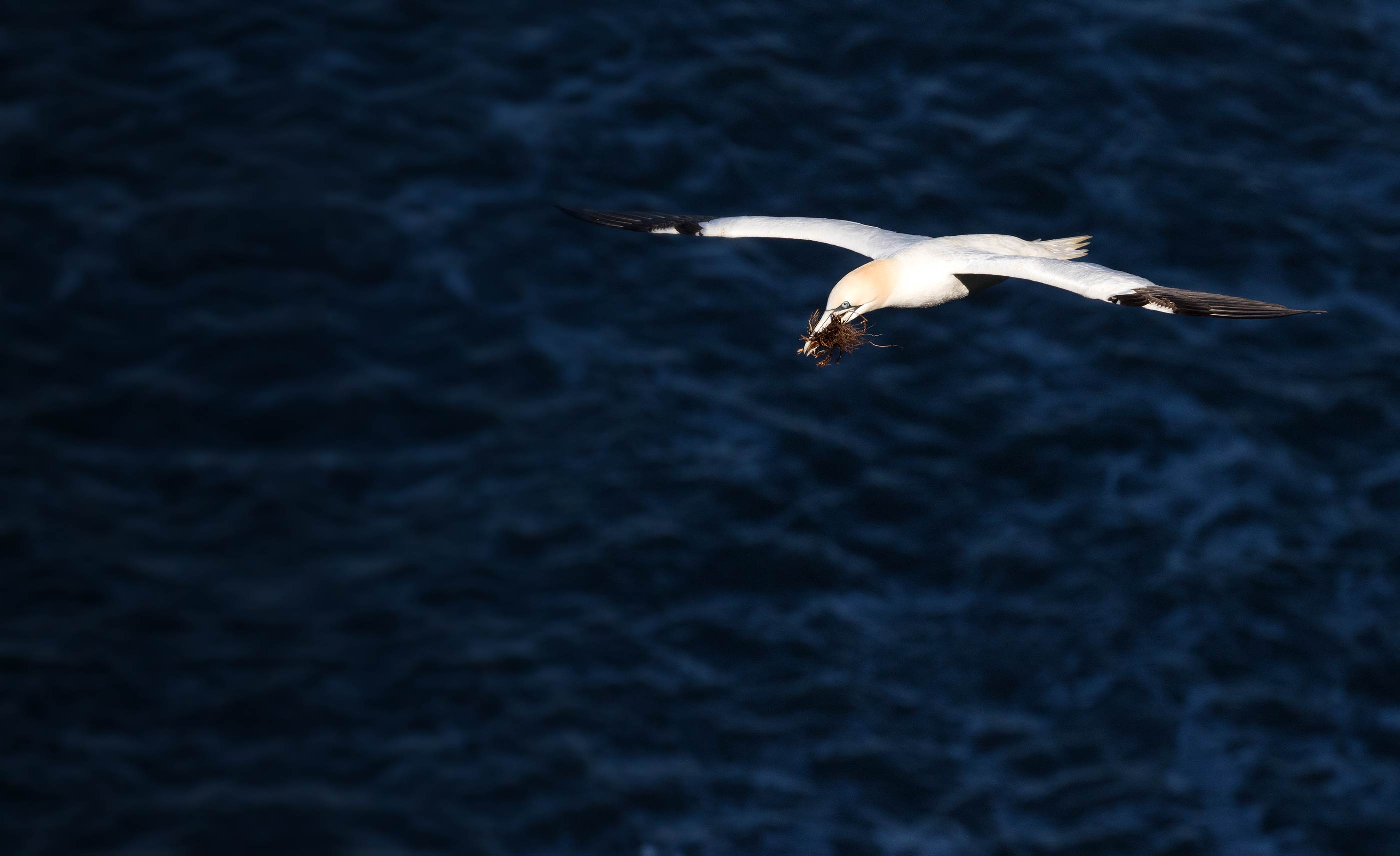
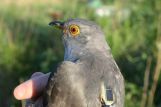
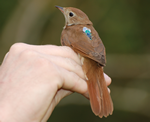
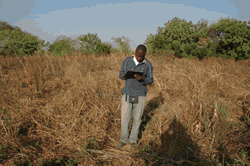
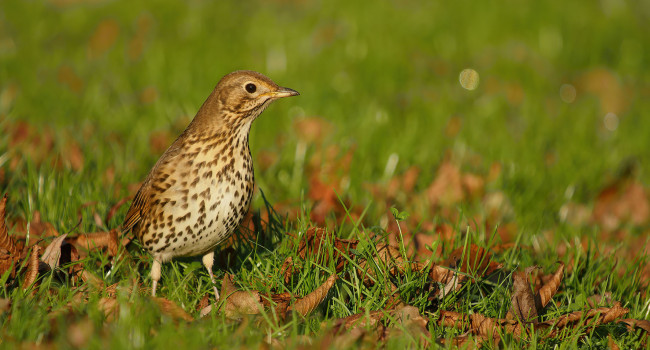
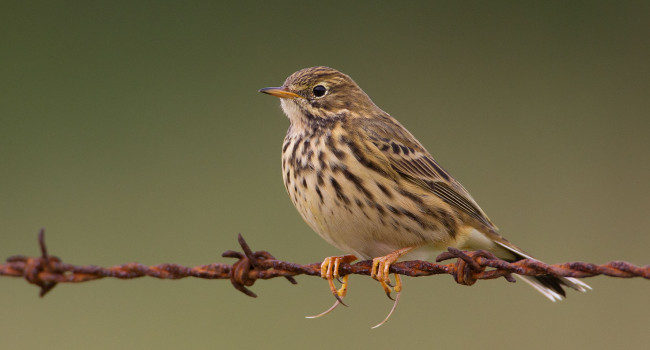
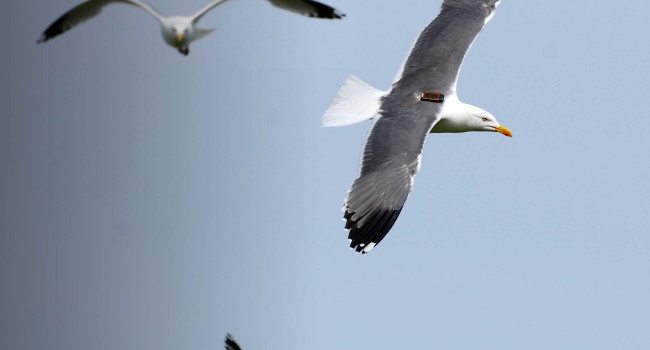

Share this page